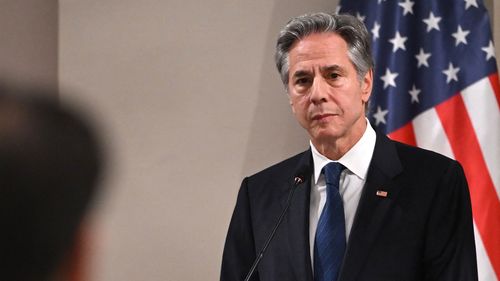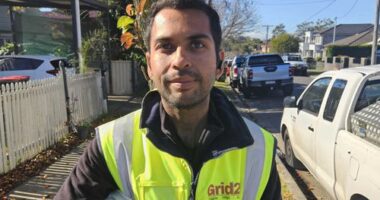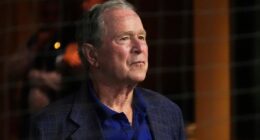The United States has been in direct communication with Hayat Tahrir al-Sham, the Syrian rebel group that currently controls the country, as confirmed by Secretary of State Antony Blinken on Saturday. This marks the first public acknowledgment of engagement with the US-designated terrorist organization, also known as HTS. The revelation came after Blinken’s diplomatic efforts in response to the sudden collapse of President Bashar al-Assad’s regime.

“We can’t underestimate the challenges of this moment and the weeks and months ahead,” he added.
Throughout his trip, Blinken sought to emphasise those stakes.
Moving forward, the dynamics on the ground in the region could present significant complications, despite a consensus on the principles.
During a press conference in Aqaba, Jordan, Blinken stated, “Yes, we have had discussions with HTS and other relevant parties.” Recent clashes in northern Syria involved Turkish-backed forces and the US-supported Syrian Democratic Forces (SDF), viewed by the US as a critical ally in the ongoing battle against ISIS.
Although a delicate ceasefire now holds in Manbij following intense confrontations, the SDF had to temporarily suspend its anti-ISIS campaigns due to the conflict, as confirmed by its senior commander.
“This is a moment of vulnerability in which ISIS will seek to regroup, taking the advantage of transition in Syria,” Blinken said Saturday, reemphasizing the importance of the SDF.
In meetings with Turkish President Recep Tayyip Erdogan and Foreign Minister Hakan Fidan in Ankara, Blinken warned the US does not want to see any party take actions that would allow ISIS to regroup, including by distracting the SDF from its mission to keep the terrorist group degraded and its fighters imprisoned, a US official said.
Blinken also emphasised that nobody should take actions that could jeopardise factions in Syria from potentially coming together in a unified government.
In Baghdad, Blinken asked Iraqi Prime Minister Mohammed Shia al-Sudani to crack down on the powerful Iranian-backed militias in Iraq and to prevent Iran from transiting weapons through Iraq to Shia militias in Syria, the US official said.
Such militias have targeted US personnel and interests in the past.
The response to Israel’s actions in Syria has also emerged as point of division between the US and its Arab partners.
Benjamin Netanyahu’s government has pummeled Syria with strikes and sent Israeli troops to — and beyond — a “buffer zone” between the Israeli-occupied Golan Heights and the rest of Syria, in what the United Nations said would be a violation of a 1974 agreement. Middle Eastern nations including Saudi Arabia, Turkey, Egypt, Jordan and Qatar have condemned Israel’s seizure of the buffer zone, calling it an attempted land grab.
The US, however, has not condemned the move, with Blinken saying that they are talking with the Israeli government.
“The stated purpose of those actions from the Israelis is to try to make sure that equipment that’s been abandoned — military equipment that’s been abandoned by the Syrian army — doesn’t fall into the wrong hands: terrorists, extremists, etc.,” he said on Thursday. “But … we’re already talking with Israel; we’re all talking to others about the way ahead.”
A US official said on Friday that Blinken intends to make clear to his Arab counterparts that Israel told the US that the incursion is temporary — and that the US expects it to be. That policy could change, however, next month when the Trump administration takes office, this official conceded.









